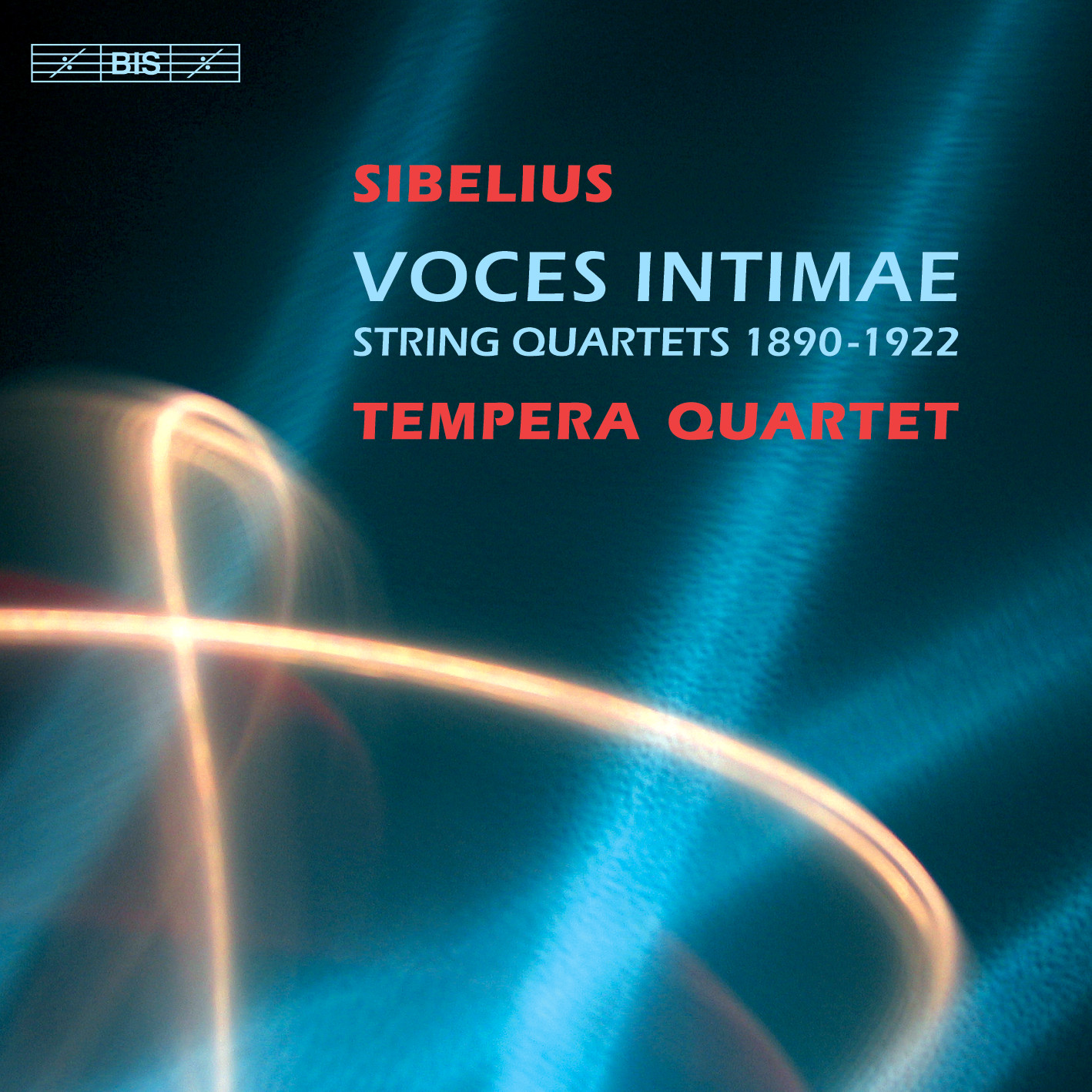

Leaving the Bohemian capital, Smetana went in search of glory elsewhere, namely Gothenburg. A self-taught man, Smetana found it an uphill struggle to gain recognition in Prague, despite initial attempts to find favour with his Ceské tance (‘Czech Dances’). At the beginning of his career, Smetana had deep ties with fellow musicians over the border in Leipzig, and with Liszt (who was an early advocate). Yet his relationship with the Czech National Revival had not always been so strong. Even Smetana himself presented such a façade when he wrote to his German publisher that ‘according to my merits and according to my efforts I am a Czech composer and the creator of the Czech style in the branches of dramatic and symphonic music’. Collectively these works give a rare insight into the private music of outwardly nationalist composers.īy the end of his career, Smetana was considered the founding father of Czech musical nationalism. While Smetana’s late works speak nostalgically after the loss of his hearing, Voces intimae is an intense precursor to Sibelius’s tormented fourth symphony, written at a time of profound depression. Both Bedrich Smetana and Jean Sibelius, neither of whom was daunted by the large scale, embraced the form at specific points of crisis in their lives. Given its smaller scale, it proved to be an eloquent mode of communicating specifically private musical thoughts. Yet it similarly began to draw on more programmatic elements over the course of the nineteenth century. Like the symphony, the genre is adept at presenting and developing abstract musical material. The string quartet has something of a double life. These works give a unique insight into the private musical lives of their composers and are performed by the Dante Quartet with conviction and flawless technique. Voces intimae is an intense precursor to Sibelius’s tormented fourth Symphony, written at a time of profound depression. Interestingly, Smetana and Sibelius, both renowned for their skilful dealing with symphonic forces poignantly turned to the intimacy of the string quartet form at specific points of crisis in their lives. The musical language is adventurous and unusual, speaking movingly of the composer’s loss of his hearing. The turbulent second Quartet in D minor serves as a sequel to the first, continuing Smetana’s life story. Smetana’s Quartet No 1 in E minor is entitled ‘From my life’ and musically chronicles his youth, loves and vocation, culminating with the onset of his deafness. This group, renowned for their inventive interpretations and sensitive articulation, capture perfectly the expressive intensity of these masterpieces. BBC Music Magazine award winners the Dante Quartet return for their third Hyperion recording with the string quartets of Smetana and Sibelius.


 0 kommentar(er)
0 kommentar(er)
